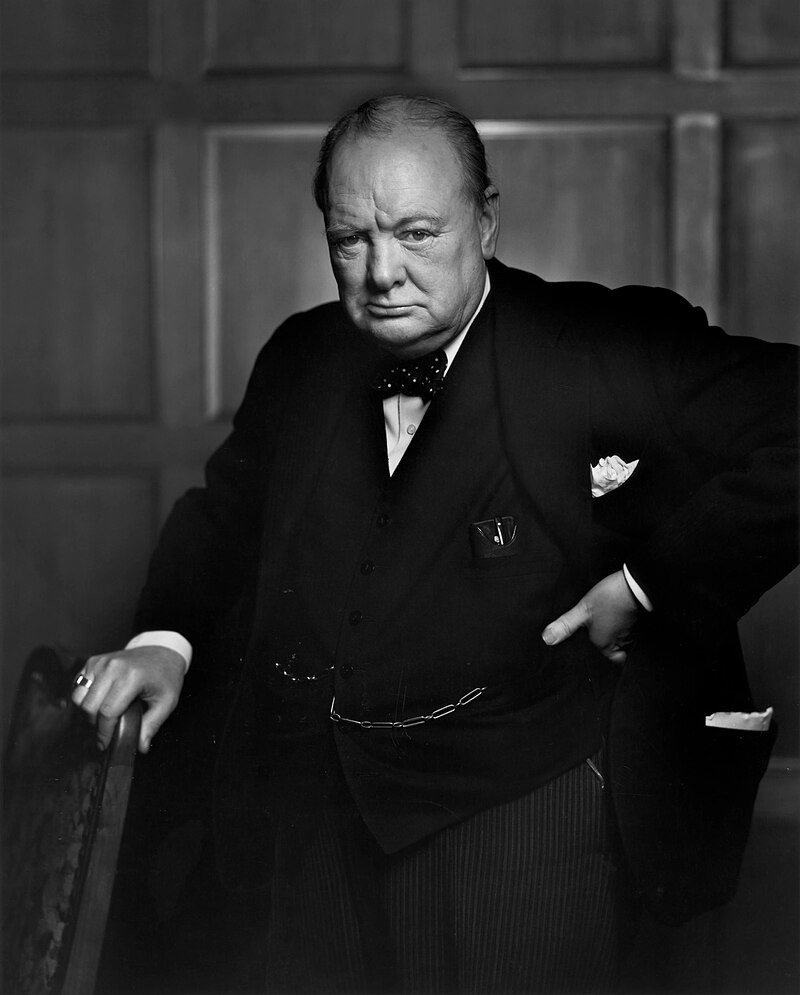Winston Churchill, one of the most renowned figures in British history, returned to power on October 26, 1951, becoming Prime Minister of the United Kingdom for a second time. Churchill, known for his leadership during World War II, was re-elected at 76, promising to restore Britain’s global influence and guide the nation through economic challenges.
Fun Facts:
- Winston Churchill’s first term as Prime Minister, from 1940 to 1945, was a defining period in British history. He steered the nation through the bleakest days of World War II, his resolute leadership and impassioned speeches galvanizing the country and securing victory over Nazi Germany.
- After the war, Churchill’s Conservative Party was defeated in the 1945 general election by the Labour Party, led by Clement Attlee, which introduced sweeping social reforms, including establishing the National Health Service (NHS).
- In 1951, amid economic challenges and growing dissatisfaction with the Labour government, Churchill’s Conservative Party won a narrow victory, and Churchill returned as Prime Minister at the age of 76.
- During his second term, Churchill’s strategic vision was clear. He concentrated on reviving Britain’s global standing, steering the nation through post-war economic recovery, and deftly managing the escalating Cold War tensions between the Soviet Union and the West.
- Despite his advancing age, Churchill remained an influential leader, advocating for a united Europe and close ties between Britain and the United States. However, his health began to decline, and he suffered a stroke in 1953, which he kept hidden from the public.
- Churchill remained in office until 1955, when he resigned due to his failing health and was succeeded by Anthony Eden. His second term, while less dramatic than his wartime leadership, reinforced his reputation as one of Britain’s greatest statesmen.
- Churchill’s legacy is remembered for his resilience, his oratory, and his significant role in shaping modern Britain and the post-war world. His influence is deeply appreciated in the fabric of British history.

